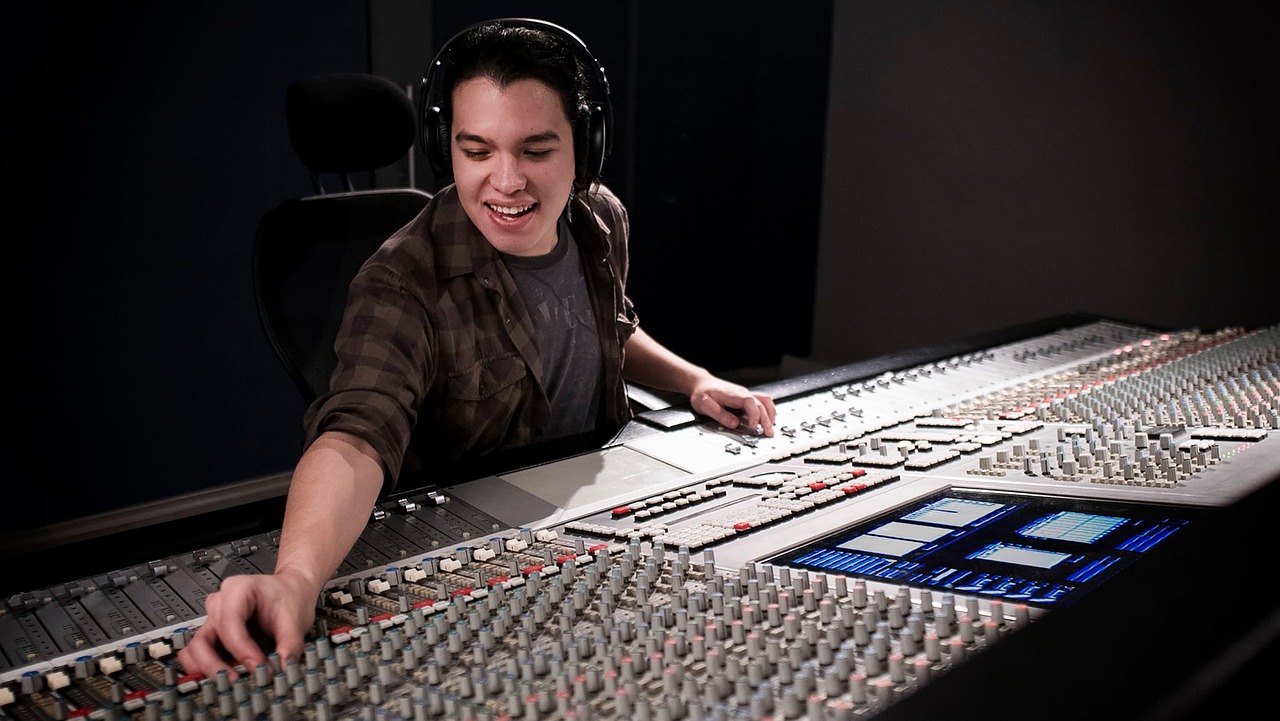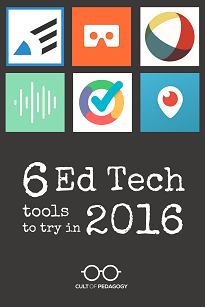Tech Challenges Facing New Music Editors This Year

The music industry is developing at a rapid rate, especially with the constant help of new advances in technology. Music editors will confront a distinct set of difficulties in 2023 due to the introduction of new editing tools, the availability of free drum kits, and the growing popularity of user-generated content. We’ll look at some of the biggest technological problems that new music editors face this year and how they can remain on top of things in a world that is becoming increasingly digital in this blog article. So put on some headphones, and let’s start listening.
The Music Industry’s Transition to Digital
 Thanks to the development of digital technology, the music industry has undergone a tremendous upheaval in recent years. Artists and labels no longer primarily rely on physical record sales as a source of income. Nowadays, the market is dominated by streaming services like Spotify and Apple Music, making it simpler than ever for fans to get their favorite tunes whenever they want. Music editors now have to traverse an increasingly complicated ecosystem of file formats, metadata requirements, and online distribution methods as a result of this shift towards digital.
Thanks to the development of digital technology, the music industry has undergone a tremendous upheaval in recent years. Artists and labels no longer primarily rely on physical record sales as a source of income. Nowadays, the market is dominated by streaming services like Spotify and Apple Music, making it simpler than ever for fans to get their favorite tunes whenever they want. Music editors now have to traverse an increasingly complicated ecosystem of file formats, metadata requirements, and online distribution methods as a result of this shift towards digital.
In the modern era, where search algorithms significantly rely on this data, making sure that recordings are properly labeled with pertinent information, such as artist names or album titles, is crucial.
New Music Editing Software
Thanks to modern software that streamlines the process for both experts and beginners, the music editing process has experienced a significant revolution over the past few years. In music editing software, a few intriguing new tools are coming this year. The development of cloud-based music editing software is one of the most significant ones. Editors can view their work from any location with an internet connection using this kind of software. Another development is the use of AI-assisted editing tools that employ machine learning algorithms to find regions in tracks that can be enhanced or improved. These tools can make levels and EQ adjustments automatically, saving time and enhancing sound quality in general. Making high-quality tracks fast and efficiently is now easier for musicians and producers thanks to new improvements in music editing software.
The Proliferation of User-Generated Content
Dealing with the abundance of user-generated content this year is one of the main hurdles facing new music editors. It’s more crucial than ever for editors to be able to sort through the noise and identify the next big thing since social media platforms like TikTok and Instagram are getting more and more popular for discovering new music. User-generated content can take many different forms, including remixes, mashups, and cover songs. While some of these might sound excellent, others might sound unprofessional or even irritating to the ears. This implies that when deciding which bits of user-generated material are worth promoting, editors must have a sharp ear and a discerning eye.
Ultimately, music editors may continue to advance in this fast-paced, technological era by remaining flexible and adaptive while upholding a strong dedication to quality workmanship. Despite all of the difficulties new music editors are facing this year, each person can have a huge impact on the creative ecosystem of the current competitive entertainment industry.


